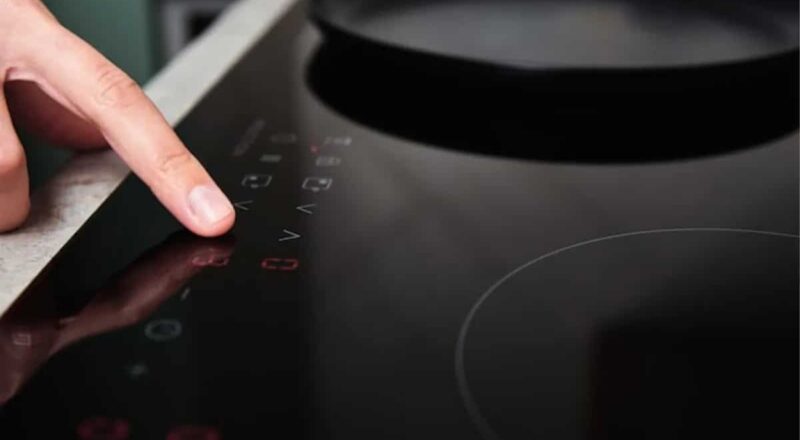The fascinating world of induction cooking offers a fast and efficient culinary experience. However, many kitchen professionals and home cooks often wonder why cast iron smokes more on induction compared to other cookware. Understanding the science and practical aspects behind this phenomenon is essential for anyone who wants to make the most out of their cooking experience.
Cast iron cookware is renowned for its durability and heat retention capabilities. Yet, when used on induction cooktops, it tends to smoke more than usual. This article delves into the reasons behind this and provides useful tips on how to mitigate the issue.

Understanding Induction Cooking
Before we dive into why cast iron smokes, its crucial to understand how induction cooking works. Unlike traditional gas or electric cooktops that rely on direct heat, induction cooktops use electromagnetic fields to heat cookware directly. This method is efficient and offers precise temperature control, making it a favorite among professional chefs.
How Electromagnetic Fields Work
Induction cooktops generate an electromagnetic field that induces an electric current in the cookware. This current produces heat, which is transferred to the food. The cookware needs to be ferromagnetic, which includes materials like cast iron and some types of stainless steel.
Why Does Cast Iron Smoke More?
High Heat Retention
Cast iron is known for its excellent heat retention properties. Once heated, it holds onto the heat for a long time. On an induction cooktop, this can lead to smoking if the cookware is preheated for too long without any food or oil in it.
Uneven Heating
While induction cooktops provide even heating, cast iron can sometimes have uneven heating on induction due to its thickness and mass. This uneven heating can cause some areas to get hotter than others, leading to smoking.
Residual Oils and Seasoning
Another reason for smoking is the presence of residual oils and seasoning on the cast iron surface. When these coatings reach their smoke point, they begin to smoke, especially if the cookware is overheated.
Mitigating Smoke in Cast Iron
Preheat with Care
To avoid smoking, its important to preheat your cast iron with care. Use a lower heat setting and allow the cookware to heat gradually. This will help in maintaining even heating and prevent any hot spots.
Use the Right Oil
Selecting the right oil with a high smoke point can significantly reduce smoking. Oils such as avocado or grapeseed oil are excellent choices for cooking with cast iron on induction.
Properly Season Your Cookware
Ensure your cast iron is well-seasoned. A well-seasoned pan will have less residue that can reach its smoke point quickly. Regular maintenance of your cookware is crucial to prevent smoking.
Monitor Cooking Temperatures
One of the advantages of induction cooking is precise temperature control. Use this feature to maintain optimal cooking temperatures and avoid overheating your cast iron cookware.
Benefits of Using Cast Iron on Induction
Despite the challenges with smoking, cooking with cast iron on induction has its benefits. The heat retention and even cooking make it ideal for various dishes. Plus, the durability of cast iron ensures it lasts for generations.
Versatility in Cooking
Cast iron is incredibly versatile. Whether youre searing, frying, or baking, it performs exceptionally well on induction cooktops. Its ability to maintain consistent heat makes it perfect for slow cooking and roasting.
Health Benefits
Cooking with cast iron can also have health benefits. It can increase the iron content of your food, which is beneficial for those with iron deficiencies.
Conclusion
Understanding why cast iron smokes more on induction helps in making informed choices about your cooking methods. By following the tips outlined, you can enjoy the benefits of cast iron without the hassle of excess smoke. For more details on using enameled cast iron on induction, explore other resources available online.

FAQs
Can I use any cast iron on induction?
Yes, most cast iron cookware is compatible with induction cooktops as long as they are ferromagnetic.
How do I reduce smoking when using cast iron?
Use oils with high smoke points and preheat gradually to reduce smoking.
Is cast iron better than stainless steel on induction?
Cast iron and stainless steel both have their advantages. Cast iron is excellent for heat retention, while stainless steel offers quick heating and is often easier to maintain.
This article contains affiliate links. We may earn a commission at no extra cost to you.

